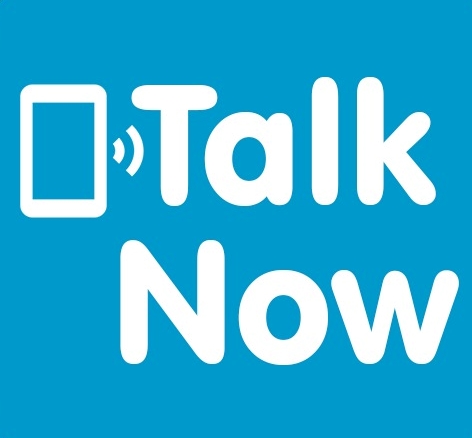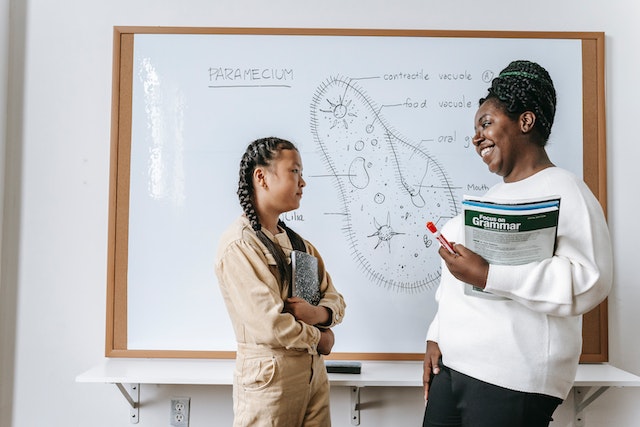Overview: In the informative conversation given below, we will have a look at the difference between a past participle and a present participle. As the topics sound to be confusing, they are not difficult to be understood. However, the learner will need to practice to be perfect with any grammar topic.
So, what are we waiting for? Let us take a look at this informative conversation and see what is the difference between Present and past participle,
Person 1: Look, I know you will be confused in understanding the difference between the past participle and the present participle, right?
Person 2: Absolutely! I did not understand a single word taught by our teacher.
Person 1: Hahaha… don’t worry! I’ve understood it nicely and I’ll explain it to you.
Person 2: Thank you so much!
Person 1: Ohh, don’t thank me, c’mon!
Person 2: Yes, please explain to me the difference between a past participle and a present participle.
Person 1: See the main thing difference you will have to remember is that the present participle will mostly refer to the ‘-ing’ form of the verb and they are used for continuous pr progressive tenses.
Person 2: Okay, I understand.
Person 1: Yes, and the past participle is similar to the present participle. They will be used with simple perfect tenses.
Person 2: Could you give me some examples of both the participles?
Person 1: Yes, see for example let us take this statement that “The sun was setting, so I went to the beach.” In this statement, the word ‘setting’ has ‘-ing’ in the end; so it will come under the present participle.
Person 2: Okay, I understand this. Now could you please give me an example of the past participle?
Person 1: yes, Let’s take the statement “I have flown to the US twice.” In this statement, the word “flown’ is in the past tense which is why it will be called a past participle. See, every word will be different so you will have to understand the tense of the word and then you will have to see in which category does that word falls. Okay?
Person 2: Alright, I’ll have to practice this for a while and only after that I will understand it completely.
Person 1: That is true and if you wish then we can also sit together and revise before examinations.
Person 2: That is amazing!
GLOSSARY
Recognizing these marks:
- ‘?’ Question mark
- ‘!’ Exclamation mark
- ‘-‘ Hyphen
For more conversations, head on to the Talk Now website or download the Talk Now App















